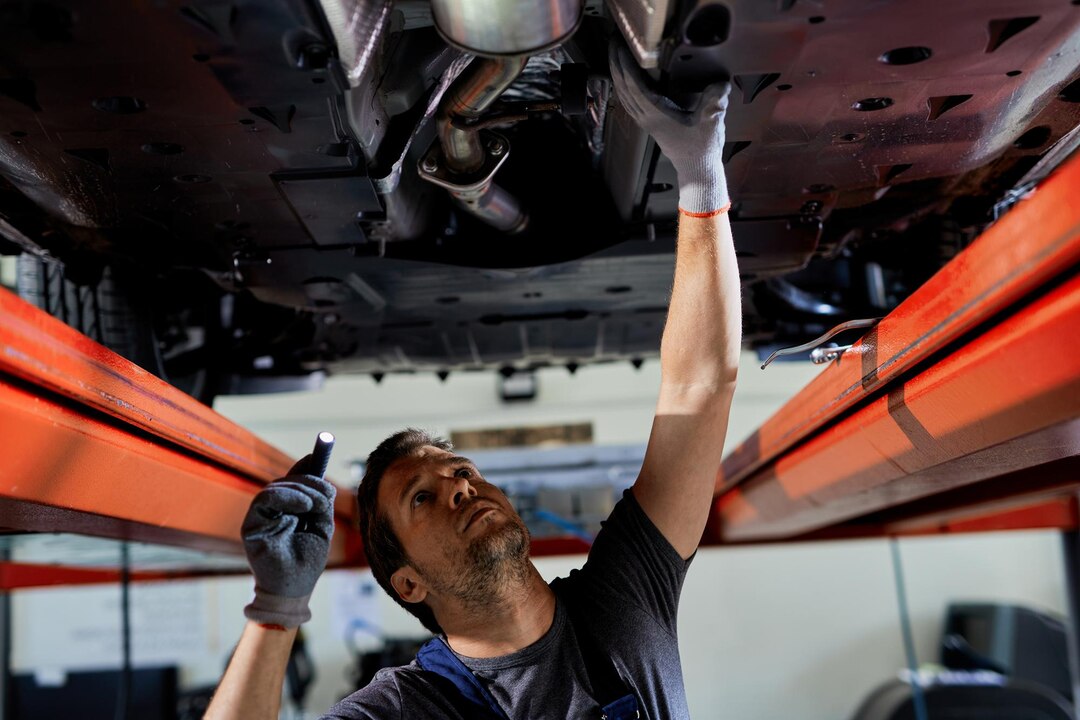The catalytic converter is a critical component of your vehicle’s exhaust system, responsible for reducing harmful emissions and ensuring compliance with environmental regulations. Over time, catalytic converters can become worn or damaged, compromising their effectiveness and necessitating replacement. If you’re facing the prospect of replacing your car’s catalytic converter in South Africa, it’s essential to understand the process involved, including the timeframe and cost estimates associated with the job.
Understanding the Catalytic Converter Replacement Process
Replacing a catalytic converter typically involves several steps, including diagnosis, parts procurement, installation, and testing. Here’s an overview of what to expect during the replacement process:
- Diagnosis: The first step in replacing your car’s catalytic converter is diagnosing the issue. If you’re experiencing symptoms such as reduced engine performance, increased exhaust emissions, or a check engine light illuminated on the dashboard, it’s essential to have your vehicle inspected by a qualified mechanic. They will perform diagnostic tests to determine if the catalytic converter is the culprit or if there are other underlying issues contributing to the problem.
- Parts Procurement: Once the problem has been identified as a faulty catalytic converter, the next step is to procure a replacement part. Catalytic converters come in various shapes and sizes, depending on the make and model of your vehicle, so it’s crucial to ensure that you’re purchasing the correct part for your specific car. Your mechanic or auto parts supplier can help you source the appropriate replacement catalytic converter for your vehicle.
- Installation: With the replacement catalytic converter in hand, the mechanic will proceed with the installation process. This typically involves removing the old catalytic converter from the exhaust system and installing the new one in its place. Depending on the complexity of the job and the accessibility of the catalytic converter, installation may require anywhere from one to several hours to complete.
- Testing: Once the new catalytic converter has been installed, the vehicle will undergo testing to ensure that it is functioning correctly. This may involve running diagnostic scans, conducting emissions tests, and performing visual inspections to verify that the catalytic converter is operating as intended and that there are no leaks or other issues with the exhaust system.
Timeframe for Catalytic Converter Replacement
The timeframe for replacing a catalytic converter can vary depending on several factors, including the make and model of your vehicle, the availability of replacement parts, and the complexity of the installation process. In general, however, catalytic converter replacement can typically be completed within a single day, with most jobs taking anywhere from two to six hours to complete. However, it’s essential to factor in additional time for diagnosis, parts procurement, and testing, which may extend the overall duration of the process.
Cost Estimates for Catalytic Converter Replacement
The cost of replacing a catalytic converter in South Africa can vary depending on several factors, including the make and model of your vehicle, the type of catalytic converter required, and the labor rates charged by the mechanic or auto repair shop. As a rough estimate, you can expect to pay anywhere from R2,000 to R10,000 or more for catalytic converter replacement, including parts and labor. Higher-end vehicles or those with more complex exhaust systems may incur higher costs due to the specialized nature of the work involved.
It’s important to note that catalytic converter replacement costs can also be influenced by other factors, such as the need for additional repairs or the use of aftermarket versus OEM (original equipment manufacturer) parts. Additionally, some vehicles may require more extensive labor, such as those with tight engine compartments or intricate exhaust routing, which can increase the overall cost of the job.
Replacing your car’s catalytic converter is a necessary maintenance task that ensures your vehicle remains compliant with emissions regulations and operates efficiently. While the process may require some time and investment, the benefits of a properly functioning catalytic converter far outweigh the costs. By understanding the replacement process, including the timeframe and cost estimates involved, you can make informed decisions about maintaining your vehicle’s exhaust system and ensuring its long-term performance and reliability. If you suspect an issue with your catalytic converter, don’t hesitate to consult with a qualified mechanic or auto repair professional to diagnose the problem and explore your options for replacement.











